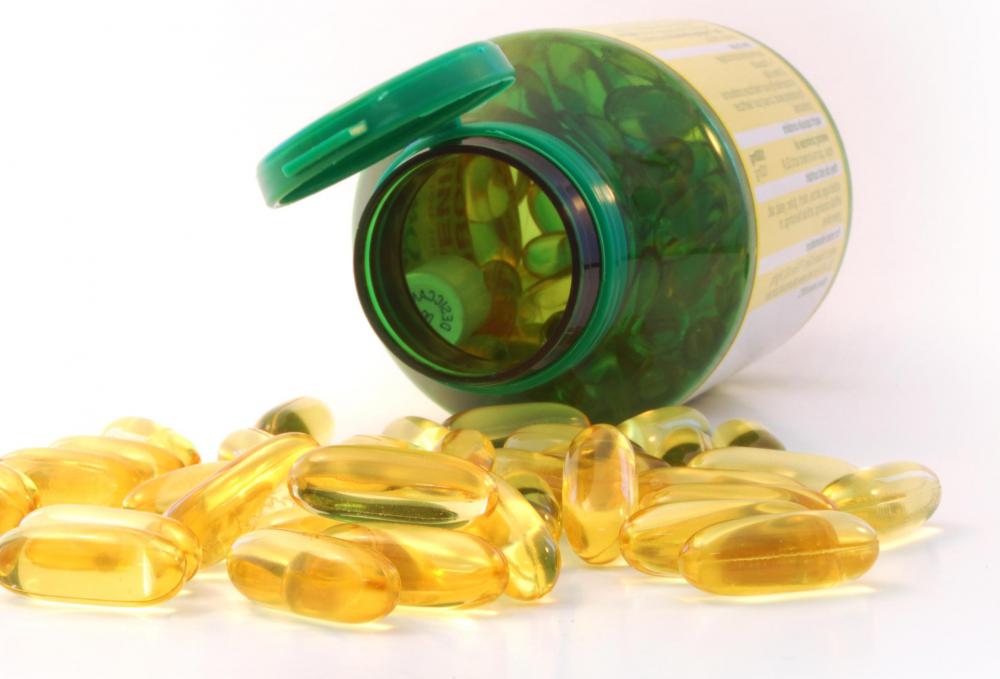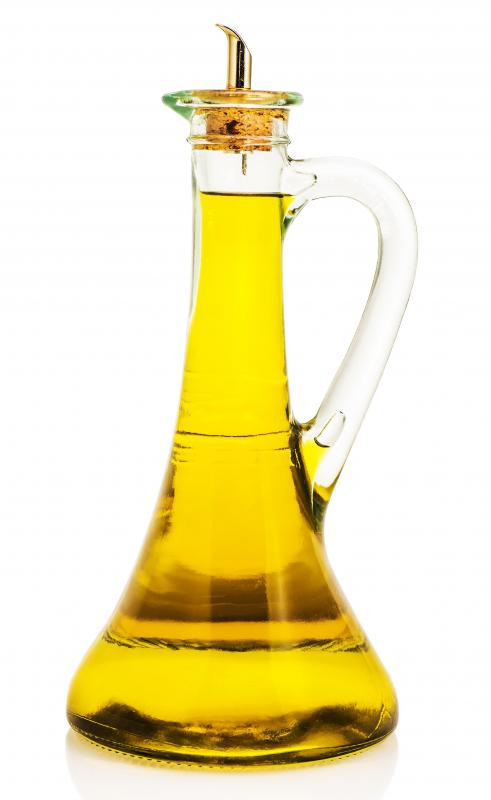At TheHealthBoard, we're committed to delivering accurate, trustworthy information. Our expert-authored content is rigorously fact-checked and sourced from credible authorities. Discover how we uphold the highest standards in providing you with reliable knowledge.
What is GLA?
GLA stands for gamma-linolenic acid. This is an omega-6 fatty acid that the human body needs for proper functioning. Since the body cannot manufacture this essential fatty acid on its own, a person needs to consume it in food or from supplements.
Essential fatty acids like GLA help the brain function properly. It also works toward the body's growth and development. Gamma-linolenic acid aids in bone health, metabolism regulation, and even helps with the growth of hair and skin cells. The reproductive system is also supported by this fatty acid.

GLA is found naturally in some food sources, such as blue-green algae like spirulina. It also occurs in plant-based oils, such as evening primrose oil, borage seed oil, and black currant seed oil. Gamma-linolenic acid may be taken as a supplement, such as in the form of evening primrose capsules.
When GLA is taken as a supplement, it converts to a substance called dihomo-gamma-linolenic acid (DGLA). This conversion is accomplished with the help of certain nutrients, like vitamin C, zinc, and magnesium. When gamma-linolenic acid is converted to DGLA, it may help the body combat inflammation.

Given this property, this fatty acid may be useful in treating inflammatory diseases, such as rheumatoid arthritis and allergies. Some diabetics who suffer from neuropathy, or nerve damage, may also benefit. While more evidence is needed to support all of these possible health benefits, some patients also take GLA to treat eczema, premenstrual syndrome (PMS), and high blood pressure.

Before deciding to take a GLA supplement for a specific medical condition, patients should consult with their doctors. Only a physician can provide advice on whether this supplement is safe for an individual to take. For example, patients on certain medications should not use this supplement, as it may cause an interaction. Possible interactions may occur with drugs like anticoagulants, aspirin, and phenothiazines. Additionally, women who are pregnant or breastfeeding should not supplement with gamma-linolenic acid, as safety is unknown.
Some side effects may occur. Patients may notice diarrhea, soft stools, and intestinal gas. It may also cause headaches, nausea, and abdominal pain. Very high levels of this fatty acid may even result in increased inflammation.
The recommended dosage of GLA varies, depending on which condition the patient would like to treat. For example, diabetics may take 480 milligrams (mg), divided into smaller doses to be taken three times daily, while rheumatoid arthritis sufferers may take 1,400 mg daily, divided into three doses. Supplementing one's diet with gamma-linolenic acid should be considered complementary therapy, and should not be used at the expense of medical care administered by a doctor.
AS FEATURED ON:
AS FEATURED ON:













Discuss this Article
Post your comments